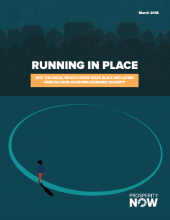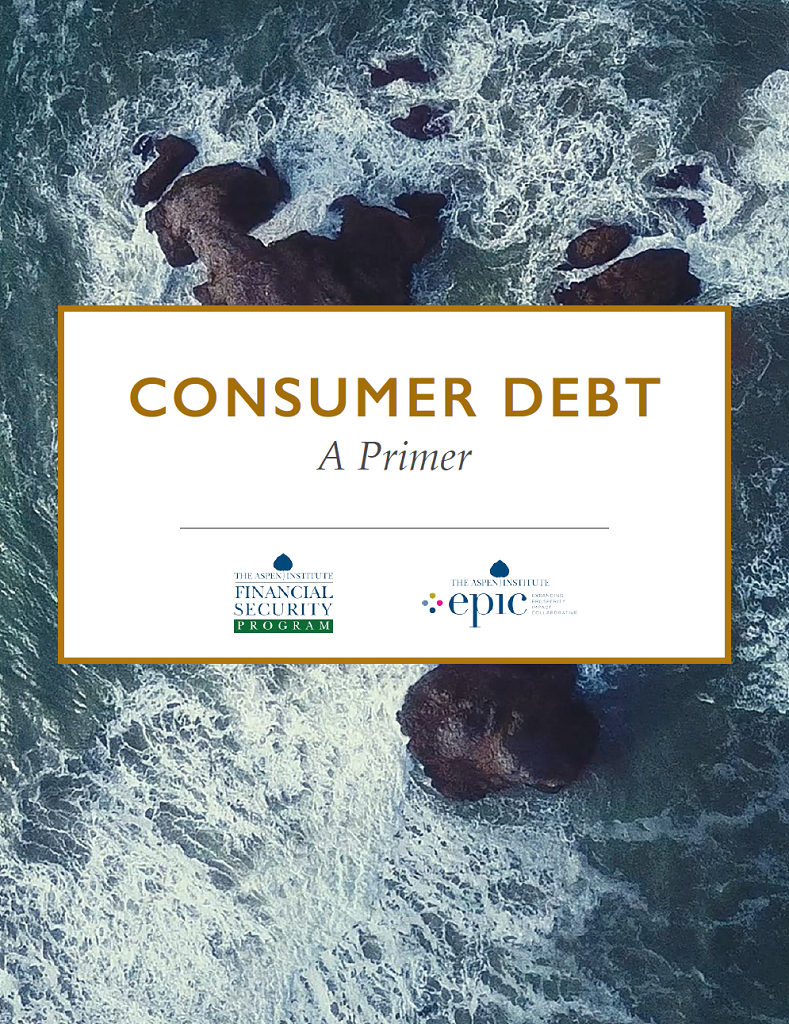- February 1, 2018The SBA issued “Financing Patterns and Credit Market Experiences: A Comparison by Race and Ethnicity for U.S. Employer Firms“. Hispanic…
- January 30, 2018In light of recent developments in U.S. immigration policy, WalletHub compared the economic impact of foreign-born populations on the 50…
- December 15, 2017I have spent the past two weeks visiting the United States, at the invitation of the federal government, to look…







